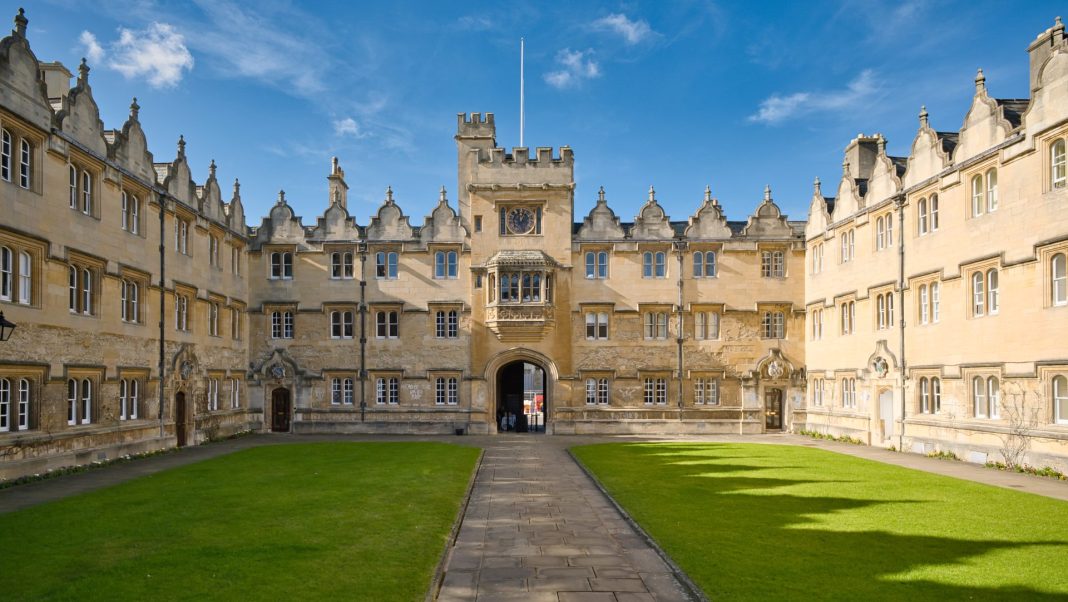Oriel College have announced the launch of an exhibition aiming “to contextualise the legacy of Cecil Rhodes,” the 19th century British imperialist whose statue above the College has been subject to numerous controversies in the past. The exhibition will involve a sculpture competition in partnership with a Zimbabwean community art project.
Rhodes has long been a controversial figure for his instrumental role in the British colonisation of Africa, which involved violent conquest, exploitative labour practices, and policies of racial segregation. A former Oriel student, Rhodes was also the founder of the eponymous Rhodes Scholarship scheme, which funds international postgraduate students at the University of Oxford.
Multiple protests demanding the removal of his statue have occurred since 2015, when the #RhodesMustFall movement began, with further demonstrations taking place following the murder of George Floyd in 2020. A commission set up by the College ultimately recommended removing the statue, but Oriel decided not to, citing “regulatory and financial challenges” at the time.
As part of the exhibition, a sculpture competition has been launched by the Oxford Zimbabwe Arts Partnership (OZAP), an grassroots organisation set up in response to the protests as a means of “constructive healing”. Richard Pantlin, the founder of OZAP, said the exhibition represented “an important step forward in creating a partnership that provides educational and cultural benefit”.
The competition, open to artists at the Chitungwiza Arts Centre (CAC) in Zimbabwe, will see a judging panel chaired by Oriel Provost Lord Mendoza decide a winner in early March. Other members of the panel include Zimbabwean artist Be Manzini, and Norbert Shamuyarira, a sculptor from Chitungwiza.
Lord Mendoza described the exhibition as a way to “not only explore the nuances of the legacy of colonialism but … also bring the art of the people of Zimbabwe to Oriel College, to the University of Oxford, and the UK”.
Chairman of the CAC, Tendai Gwarazaava said the winning sculpture “should symbolise the strength and courage of our ancestors, who despite facing unimaginable hardships, continued to fight for their freedom and dignity”.
The exhibition and sculpture is set to open in September 2025 and will also be displayed at the University Church of St Mary the Virgin, before visiting other institutions throughout 2026.


